Hello bettors! We continue to provide you with profound and comprehensive explanations of betting terms. We have already covered some of the main terms of our football dropping odds. Today, we take one step further and come up with another topic: the definition of value betting.
In this article, you will find explanations of frequently asked questions about value betting, recognizing opportunities, and making calculations. We have you covered, so dive deep into this article to learn more!
What Is Value Betting in Football?
Value betting in football (soccer) involves identifying bets where the odds offered by bookmakers are higher than the estimated probability of the event occurring.
Every bettor has its own approach to making calculations. Some factors are common to all: team form, player injuries, and other relevant information to assess the likelihood of different outcomes in a match.
If the bettor’s estimated probability is higher than the implied probability of the bookmaker’s odds, it suggests a potential value bet. Successful value betting requires consistent application of this strategy, disciplined bankroll management, and a long-term perspective. It’s important to note that finding value bets can be challenging, as bookmakers set odds with a built-in margin, and timing is crucial due to market fluctuations.
How Do You Find the Value Bet in Football?
Finding value bets in football (soccer) involves systematically analyzing matches and comparing your estimated probabilities with the odds offered by bookmakers. Here’s our step-by-step guide.
Research and Analysis
Thoroughly research teams, players, and various factors influencing a football match, including recent form, injuries, team news, and historical performance.
Probability Assessment
Based on your analysis, estimate the probability of different outcomes (win, lose, draw). This can be a subjective judgment or involve statistical models.
Compare with Bookmaker Odds
Compare your estimated probabilities with the odds offered by bookmakers. You can easily do this by converting odds to implied probabilities (1/odds) and comparing them to your assessed probabilities.
Identify Discrepancies
Look for situations where your assessed probability is higher than the implied probability from the bookmaker’s odds. If your estimate suggests a higher likelihood of an outcome than the bookmaker implies, it could be a potential value bet.
Monitor Odds Movements
Keep track of odds movements leading up to the match. Sudden changes may indicate new information or market sentiment, impacting the perceived value. Save your time! Check out our betting calculation!
Consider Additional Factors
Account for external factors like home-field advantage, weather conditions, or team motivations, which may not be reflected in statistical models but can influence the outcome.
Discipline and Bankroll Management
Stick to your strategy and be disciplined in placing bets only when you identify value. Use effective bankroll management to control your risk and avoid over-betting.
Use Multiple Bookmakers
Compare odds across multiple bookmakers to find the best value. Different bookmakers may offer slightly different odds, which is perfect for arbitrage betting. Taking advantage of the best available odds enhances your potential returns.
Stay Informed
Stay updated on team news, injuries, and other developments that may affect the match outcome. Timely information can impact the perceived value of bets.
How to Calculate Value Bet Odds?
Calculating the value of a bet involves comparing your estimated probability of an outcome with the implied probability reflected in the bookmaker’s odds. The formula for converting odds to implied probability varies based on the type of odds: decimal, fractional, or American.
Here are the formulas for each type of odds:
Decimal Odds
Implied Probability (%) = 1 / Decimal Odds
For example, if the bookmaker offers odds of 2.50 for a team to win:
Implied Probability = 1 / 2.50 = 0.40 or 40%
Fractional Odds
Implied Probability (%) = 1 / (Fractional Odds + 1)
For example, if the bookmaker offers odds of 5/2 for a team to win:
Implied Probability = 1 / (5/2 + 1) = 0.2857 or 28.57%
Moneyline odds or American Odds
Implied Probability (%) = (Negative Odds) / (Negative Odds + 100) for negative odds.
Implied Probability (%) = 100 / (Positive Odds + 100) for positive odds.
For example, if the bookmaker offers odds of -150 for a team to win:
Implied Probability = 150 / (150 + 100) = 0.6 or 60%
Once you have the implied probability from the odds, compare it with your estimated probability. The value is calculated as:
Value = Estimated Probability – Implied Probability
If the value is positive, it suggests a potential value bet. For example, if you estimate a team has a 50% chance of winning (0.50) and the implied probability from the bookmaker’s odds is 40%, the value would be 0.50 – 0.40 = 0.10 or 10%.
Is Value Betting Worth It?
Value betting can be a worthwhile strategy for those with a strong understanding of sports, a disciplined approach, and a long-term perspective. Successful value betting involves accurately assessing probabilities, conducting thorough research, and consistently comparing your estimated probabilities with bookmakers’ odds. However, it’s not without risks, as short-term outcomes can be unpredictable, and bookmakers build in a margin to their odds, making it challenging to consistently find value. Effective bankroll management and a commitment to ongoing analysis are crucial for those considering value betting.
If value betting is not your pick, you can try other strategies like spread betting.
Individuals should also be aware of legal and ethical considerations, ensure compliance with local regulations, and engage in responsible gambling practices. While some may find value betting to be a profitable and intellectually stimulating pursuit, it’s important for individuals to assess their own risk tolerance, financial situation, and motivations before engaging in any form of sports betting.
What Is the Difference Between Matched Betting and Value Betting?
Matched betting and value betting are two distinct approaches to sports betting, each with its strategies and objectives.
Matched Betting
Objective: The main purpose of matched betting is to take advantage of promotional offers, free bets, and bonuses bookmakers offer to guarantee a profit.
How It Works: Matched betting contains placing two opposite bets—one on a selection to win and another against that same selection to lose (lay bet)—that effectively cancel each other. This is done using free bets or bonuses to ensure a profit regardless of the actual outcome.
Risk: Matched betting is considered low-risk because it eliminates the element of chance by covering all possible outcomes. However, it relies heavily on the availability of promotional offers.
Value Betting
Objective: As we explained above, the primary goal of value betting is to identify and exploit discrepancies between a bettor’s own assessed probabilities of an outcome and the odds offered by bookmakers, with the aim of making a long-term profit.
How It Works: Value betting involves analyzing sports events, estimating the actual probabilities of different outcomes, and comparing them to the bookmakers’ odds. Bettors look for opportunities where bookmakers offer higher odds than their own assessments, indicating potential value.
Risk: Value betting carries more inherent risk than matched betting because it relies on the bettor’s ability to accurately assess probabilities. Short-term losses are possible. Success requires a disciplined approach and a long-term perspective.
Conclusion: Football Value Betting Explained
We hope you enjoyed this article and learned another essential betting term. Finally, value betting depends on various factors, including deep analysis, possible outcomes, discrepancies in bookmakers’ odds, and other additional elements. Furthermore, staying informed improves your approach to calculating value betting.
Our advice is to be patient and place your bets once you identify a big deal. This way, you control yourself and avoid the risk of over-betting.


